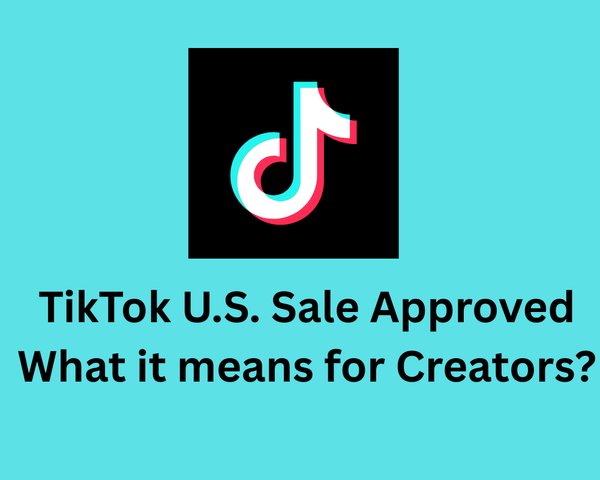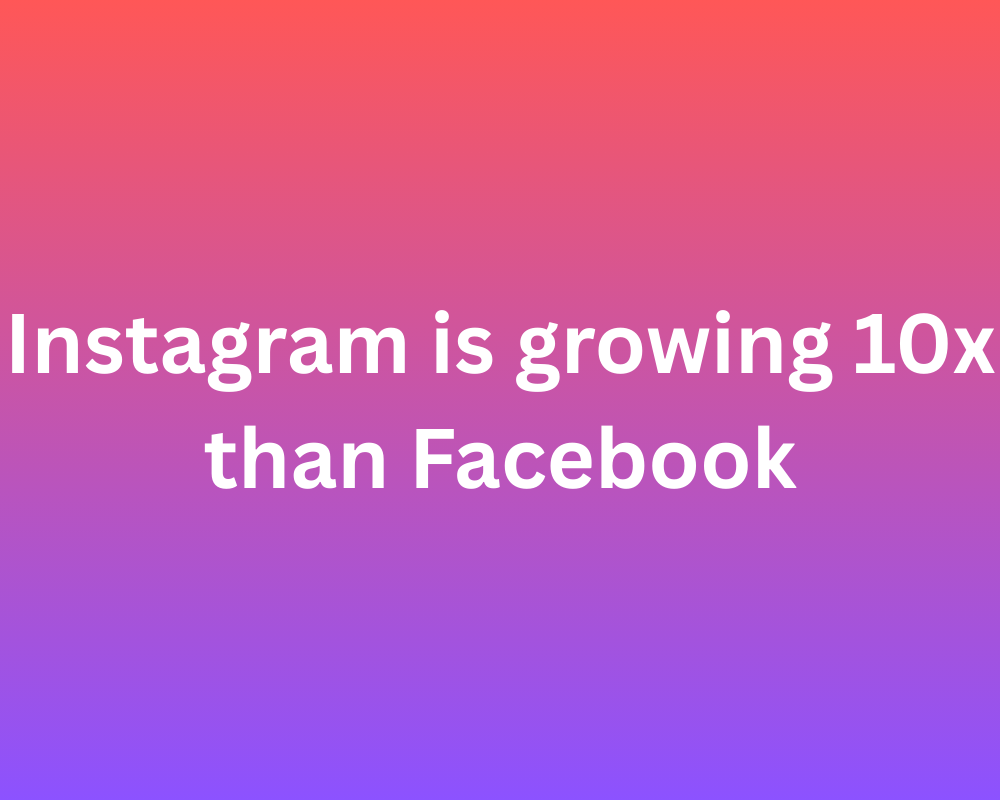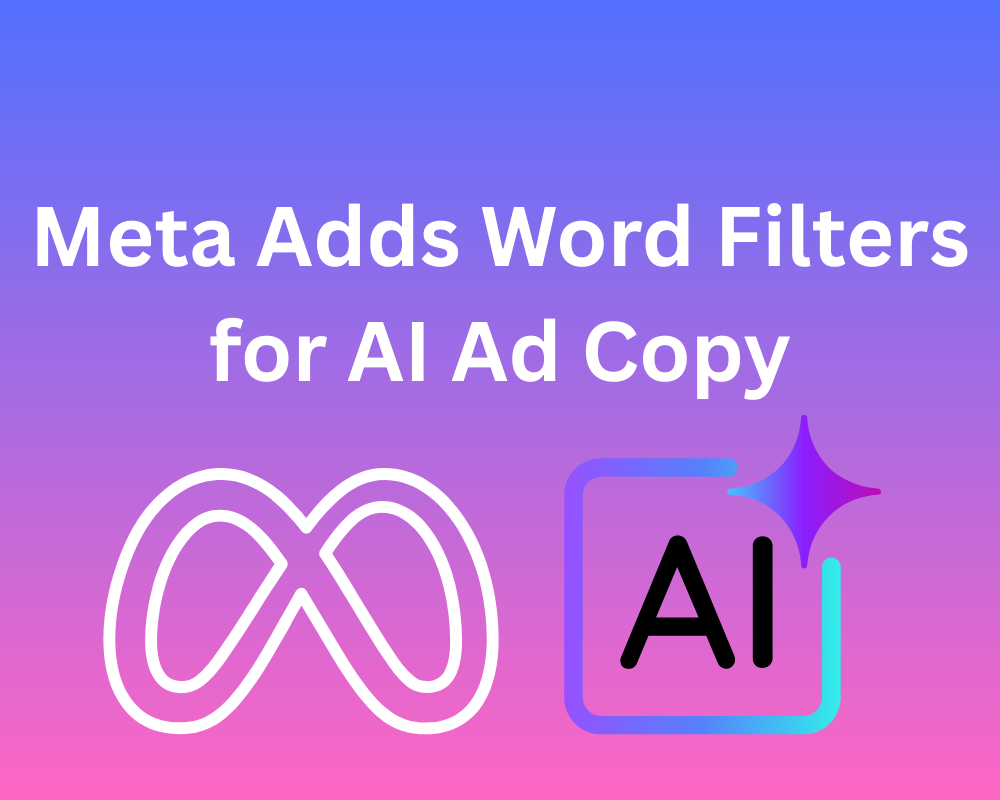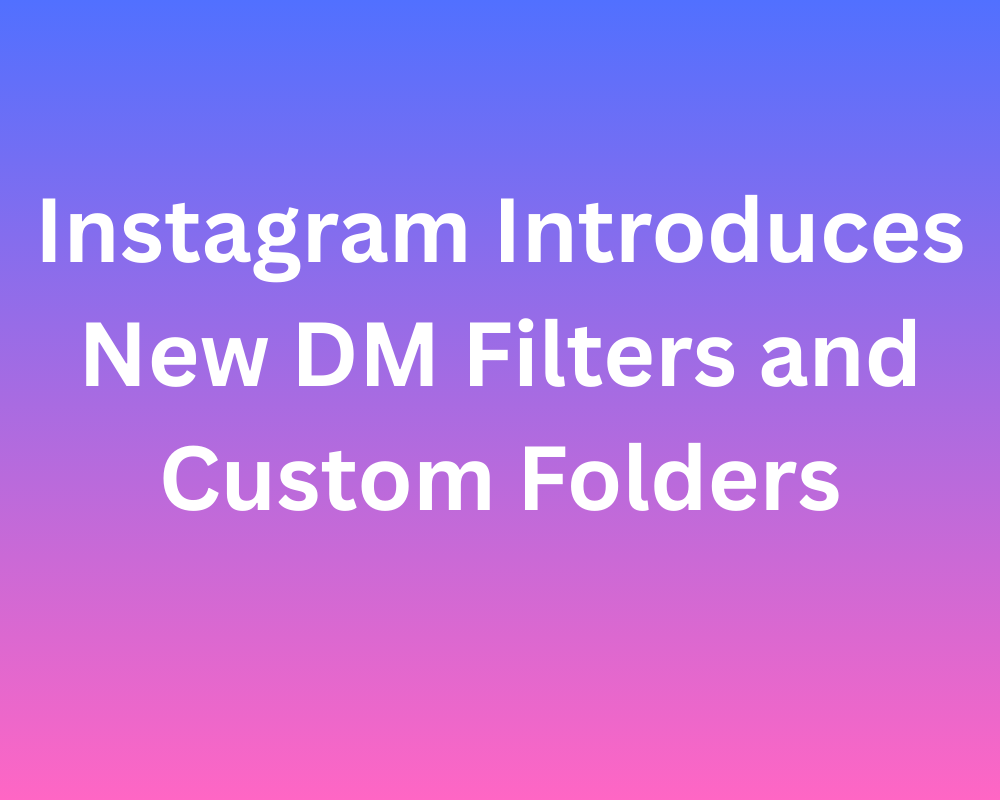Meta Uses AI Chat Interactions to Personalize Content and Ads Across Platforms
Starting December 2025, Meta will leverage AI chat interactions from Messenger, WhatsApp, and Threads to deliver personalized content and ad recommendations, while keeping sensitive data private. Learn what this means for users and brands.

Meta is making a major update to how it uses AI to power content recommendations and ad targeting across its platforms. Starting December 16, 2025, interactions with Meta AI—across Messenger, Threads, WhatsApp, and other Meta products—will help personalize both the content and advertisements that users see.
This update represents a significant step in Meta’s efforts to combine AI-driven personalization with user engagement, making recommendations more relevant while still protecting sensitive user data.
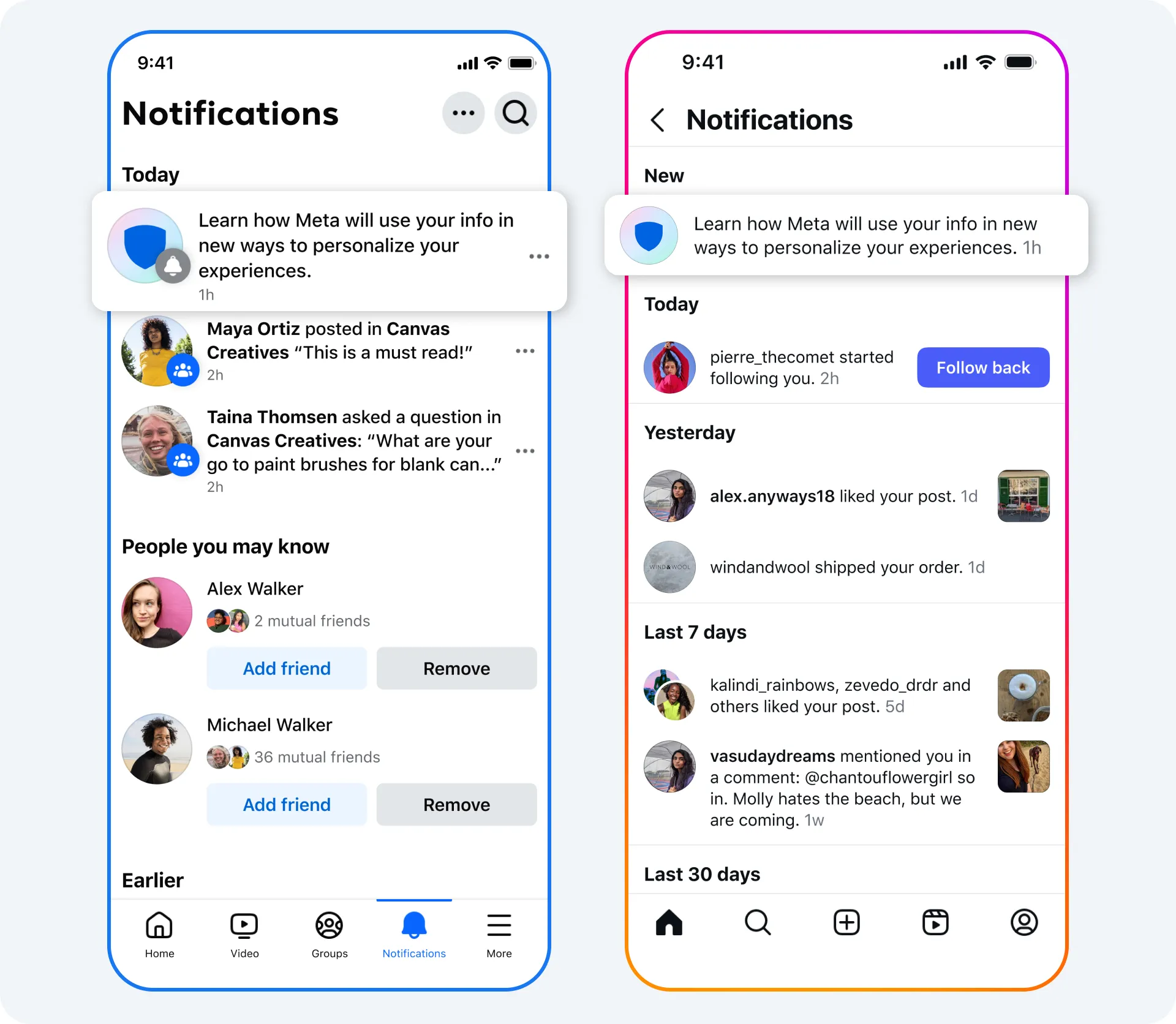
How Meta AI Will Influence Your Feed
Meta’s AI assistant is already integrated into Messenger, Threads, and WhatsApp. When you chat with Meta AI about topics like hiking, cooking, or fitness, the AI will now be able to incorporate those interests into your content and ad recommendations.
For example:
- Discussing hiking with Meta AI may increase your exposure to hiking content, outdoor communities, trail suggestions, and ads for gear.
- Talking about recipes or meal planning could surface cooking videos, meal kit services, and foodie content across Instagram and Facebook.
Importantly, Meta has clarified that sensitive information—such as political views, religion, health, sexual orientation, and ethnicity—will not be used for targeting purposes. This ensures that personalization focuses on interests rather than personal or protected characteristics.
Timeline and User Notifications
Meta will begin notifying users about this update on October 7, 2025. Notifications will appear in-app and via email, giving users a clear overview of how AI interactions will influence their experience.
The update will officially take effect on December 16, 2025, but users will retain control over their settings. Ad preferences, feed controls, and other privacy settings can be adjusted at any time, allowing users to manage the types of recommendations they see.
Why This Matters for Users
For everyday users, this update could significantly improve the relevance of both content and ads. Instead of generic recommendations, Meta AI-driven personalization aims to surface material that aligns more closely with your real interests.
- More relevant content: Whether it’s videos, Reels, or posts, you’ll likely see more content tailored to your hobbies and passions.
- Smarter ad targeting: Ads may feel less intrusive and more useful, offering products or services aligned with your actual interests.
- Continued privacy focus: Sensitive topics remain off-limits for targeting, which addresses one of the biggest concerns with AI-powered recommendations.
In short, this change is designed to enhance your experience while keeping personalization respectful.
Implications for Advertisers and Brands
For businesses and marketers, Meta’s update creates new opportunities to improve campaign effectiveness:
- Better audience insights: AI interactions provide deeper understanding of user interests, helping brands refine targeting and content strategies.
- Enhanced ad performance: Tailored ads based on AI-driven insights are more likely to resonate, increasing engagement, click-through rates, and conversions.
- AI-assisted campaign creation: Meta’s AI tools can now streamline ad generation and optimization, from copy suggestions to placement strategies.
- Cross-platform opportunities: By leveraging insights from Messenger, WhatsApp, and Threads, advertisers can reach audiences across multiple Meta-owned platforms more effectively.
This makes Meta’s AI tools particularly valuable for brands looking to connect with audiences in more meaningful, data-driven ways.
What This Means for the Future of Social Media
Meta’s integration of AI chat interactions into recommendations is a reflection of broader trends in social media:
- AI personalization is becoming standard: Users increasingly expect content tailored to their interests, and AI provides a scalable way to deliver that.
- Privacy-conscious AI: Balancing personalization with privacy protections is crucial to maintaining user trust. Meta’s focus on excluding sensitive data shows one approach to this challenge.
- Smarter marketing opportunities: Brands that embrace AI insights early will have an edge in audience targeting and content strategy, potentially driving higher ROI on campaigns.
This development underscores the importance of understanding AI-driven personalization not just as a feature for users, but as a strategic tool for brands and marketers.
Takeaways for Users and Brands
- Users: Expect a more relevant feed, with personalized content and ads reflecting your interests rather than sensitive attributes. Adjust ad preferences if desired.
- Brands: Explore AI-assisted insights and ad tools to create more targeted, engaging campaigns. Use cross-platform strategies to maximize reach.
- Everyone: AI is becoming a central part of social media, shaping both what we see and how brands connect with us. Staying informed and adaptable is key.
Meta’s AI-driven recommendations are rolling out soon, and both users and marketers should be prepared to leverage the change. Whether it’s for a more enjoyable scrolling experience or more effective advertising, AI is set to reshape the Meta ecosystem in 2025 and beyond.

